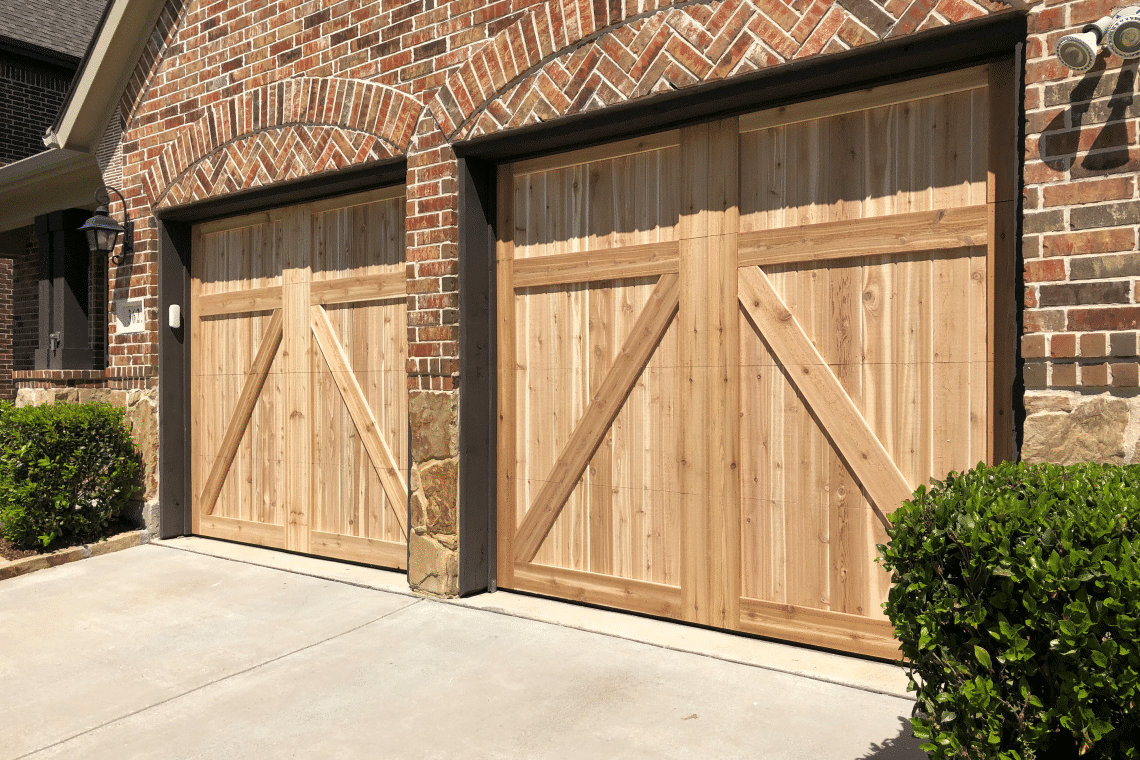A Comprehensive Overview to Identifying and Fixing Common Garage Door Troubles
Garage doors are important components of home safety and security and ease, yet they typically provide a variety of issues that can interrupt their capability. Comprehending the common troubles, from opener failings to misaligned tracks, is important for property owners looking for to preserve their systems effectively. This guide offers methodical techniques to diagnosing these issues and provides sensible repair solutions. Additionally, it addresses the relevance of normal maintenance and outlines circumstances where specialist aid may be essential, leaving one to ponder the ramifications of neglecting these necessary elements of garage door treatment.
Common Garage Door Issues
Garage doors are intricate systems that can experience a variety of issues, with five common problems regularly reported by home owners. One prevalent problem is the failure of the garage door opener. This can materialize as the door not replying to remote commands, which might suggest a malfunctioning motor or dead batteries in the remote.
Another usual trouble is imbalance of the tracks. If the door is off track, it may not open or close efficiently, causing possible safety and security hazards. In addition, damaged rollers can add to this concern, leading to noisy operations or full failure to function.
These springs are essential for lifting the door, and their failure can produce a dangerous scenario. Property owners might also run into problems with the sensing units, which are designed to avoid the door from shutting on items or people.
Lastly, weather-related concerns, such as rust and corrosion, can impact the door's functionality, demanding routine upkeep to guarantee ideal performance.
Detecting the Problem

Begin by observing the door's procedure. Listen for uncommon sounds, such as grinding or squeaking, which might show a demand for lubrication or a used component. Take a look at the door's motion; if it thinks twice or turns around unexpectedly, this could aim to problems with the opener or sensors.
Inspect the push-button control and wall switch for responsiveness (garage door spring repair). If neither jobs, the issue might lie within the source of power or the opener itself. Furthermore, evaluate the tracks for debris, flexes, or imbalance, as these can impede smooth procedure
For automated doors, make sure that the safety sensing units are tidy and unobstructed. A malfunctioning sensing unit can prevent the door from shutting appropriately.

Crucial Tools for Fixings
Effective repairs on garage doors call for a particular set of tools that help with both safety and performance. A dependable collection of screwdriversâEUR" both flathead and PhillipsâEUR" are essential for tightening up or loosening screws on different elements. Pliers, especially locking pliers, can offer the required grip for adjusting springs or other equipment.
Wrenches are vital for dealing with nuts and screws, especially in mechanisms like the door's tracks and rollers. A tape measure is additionally essential for guaranteeing exact dimensions when changing parts or readjusting the door's positioning. Additionally, a level can aid verify that the garage door is appropriately lined up, avoiding future problems.
For safety, it is recommended to have a set of shatterproof glass and work handwear covers to protect against debris and sharp sides. A strong electric gate repair ladder is necessary for getting to above components, while an outlet set can make the process quicker and more effective.
Step-by-Step Repair Solutions
Properly furnished with the right tools, property owners can take on typical garage door issues with methodical fixing options. For a door that doesn't open or close, inspect the power resource and guarantee the opener is connected in.
Following, check out the springs. If they appear damaged or broken, they need to be changed. Always guarantee the garage door is shut before trying to replace springs, and follow proper security protocols, as these parts are under high tension.
For misaligned tracks, carefully touch them back into setting using a rubber club. Ensure that the tracks are degree, and safeguard them with screws if needed. If the door is loud, lube moving parts such as rollers, joints, and the opener's chain or belt.

When to Call an Expert
Recognizing the restrictions of do it yourself fixings is essential for keeping a useful garage door. While minor problems such as changing a remote battery or adjusting the sensing units can typically be addressed separately, much more complicated problems might need expert intervention to ensure safety and security and effectiveness.
If you encounter relentless concerns like unusual noises, the door ending up being out of balance, or failing to open and shut appropriately, it's a good idea to consult a professional. In addition, if the door operates unevenly or turns around unexpectedly, these signs might show significant mechanical or electric failures that require professional evaluation.
In addition, if you notice any signs of damage to the door itself, such as dents, cracks, or rust, it's ideal to seek expert assistance. garage door opener repair. Trying to fix considerable architectural problems without correct training can cause further difficulties or accident
Lastly, if you doubt concerning the source of the trouble or do not have the devices and experience required for a safe repair work, speaking to a qualified service technician is important. Garage door systems are complex, and professional know-how can aid stop extra damage while ensuring the door functions securely and efficiently.
Verdict
In summary, understanding and resolving common garage door issues dramatically enhances functionality and safety. By identifying problems properly and utilizing appropriate repair service strategies, property owners can keep their garage doors properly.
Comments on “Garage Door Repair: Expert Solution for All Garage Door Issues”